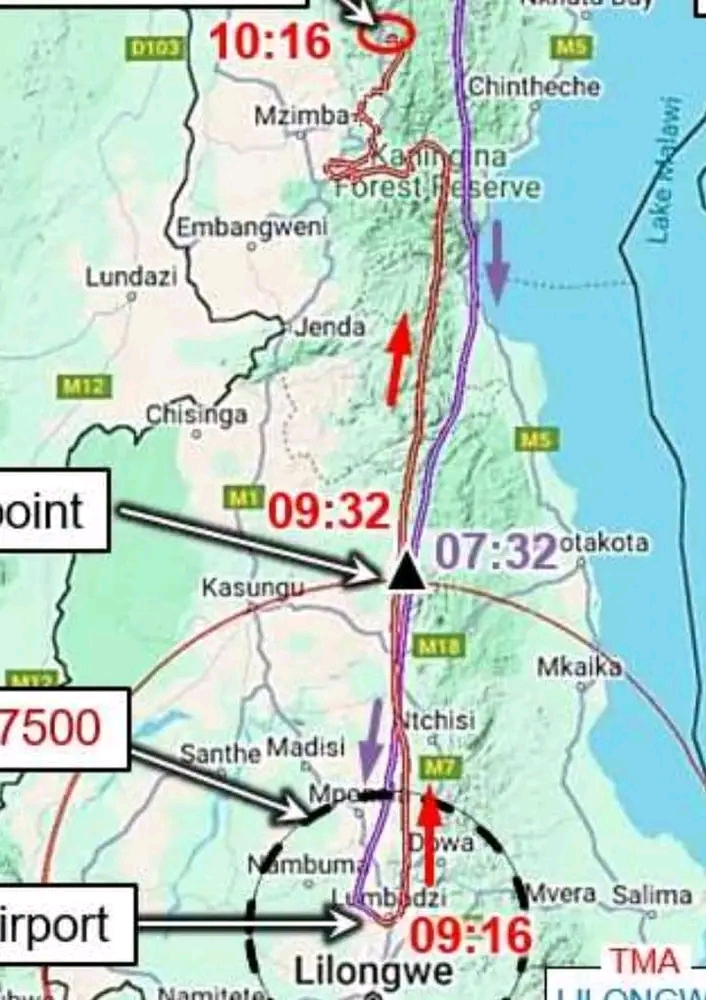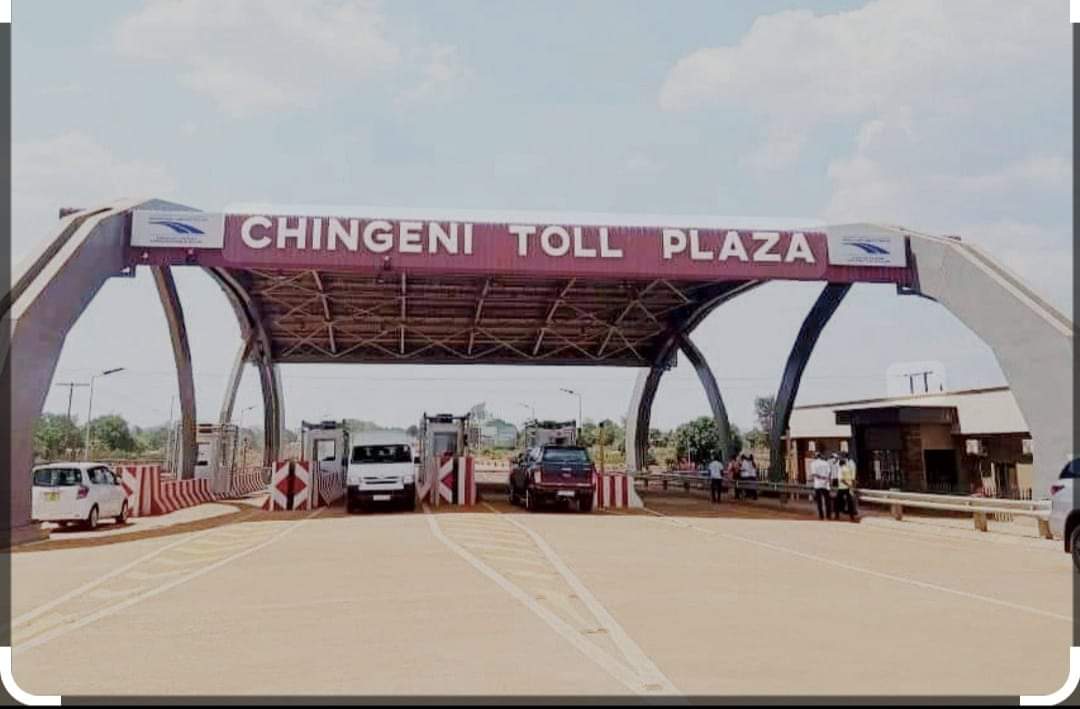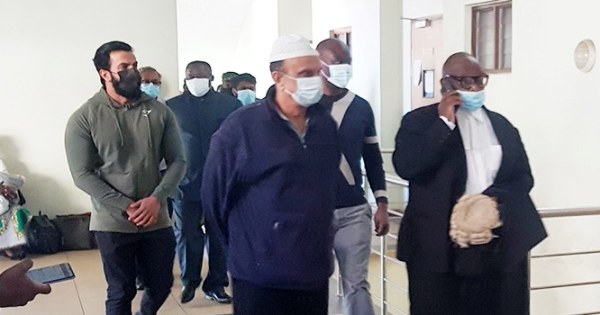By Burnett Munthali
In the aftermath of the recent aviation accident, the BFU (Federal Bureau of Aircraft Accidents Investigation) sought a comprehensive understanding of the weather conditions that might have influenced the incident. To this end, they requested a detailed meteorological expert opinion from the Deutscher Wetterdienst (DWD), Germany’s national meteorological service provider. This report, crucial for the investigation, was compiled to provide insight into the weather conditions along the flight path and specifically at the accident site.
The primary objective of the DWD’s analysis was to ascertain the meteorological conditions prevailing at the time of the accident. Prior to this expert report, detailed weather data relevant to the accident site was not publicly available, creating a gap in the investigation process.
The expert opinion from the DWD involved a thorough examination of various weather parameters that could impact flight safety. Key aspects included:
1) The report evaluated visibility conditions at the time of the accident. Poor visibility due to fog, precipitation, or other factors could have contributed to the inability of the crew to effectively navigate or identify obstacles.
2) The analysis included wind speed and direction. Strong or gusty winds can significantly affect aircraft performance, particularly during critical phases of flight like takeoff or landing.
3) The presence and type of precipitation (rain, snow, sleet) were assessed. Accumulation of ice or water on the aircraft can alter its handling characteristics and increase the risk of accidents.
4) Temperature data was reviewed to understand its impact on aircraft systems and runway conditions. Extremely low or high temperatures can affect engine performance and runway traction.
5) The extent and type of cloud cover were analyzed to determine how they might have affected the pilot’s visual reference and flight instruments.
The information provided by the DWD is essential in reconstructing the events leading up to the accident. By understanding the weather conditions, investigators can determine whether adverse weather played a role in the accident and assess the appropriateness of the pilots’ responses and the adequacy of safety measures in place.
In conclusion, the meteorological expert opinion from the Deutscher Wetterdienst offers a critical piece of the puzzle in the ongoing investigation into the aviation accident. By filling the gap in available weather data, the report helps provide a clearer picture of the conditions at the time of the incident, thereby aiding the BFU in their efforts to understand the factors that contributed to the accident and to improve safety protocols in the future




